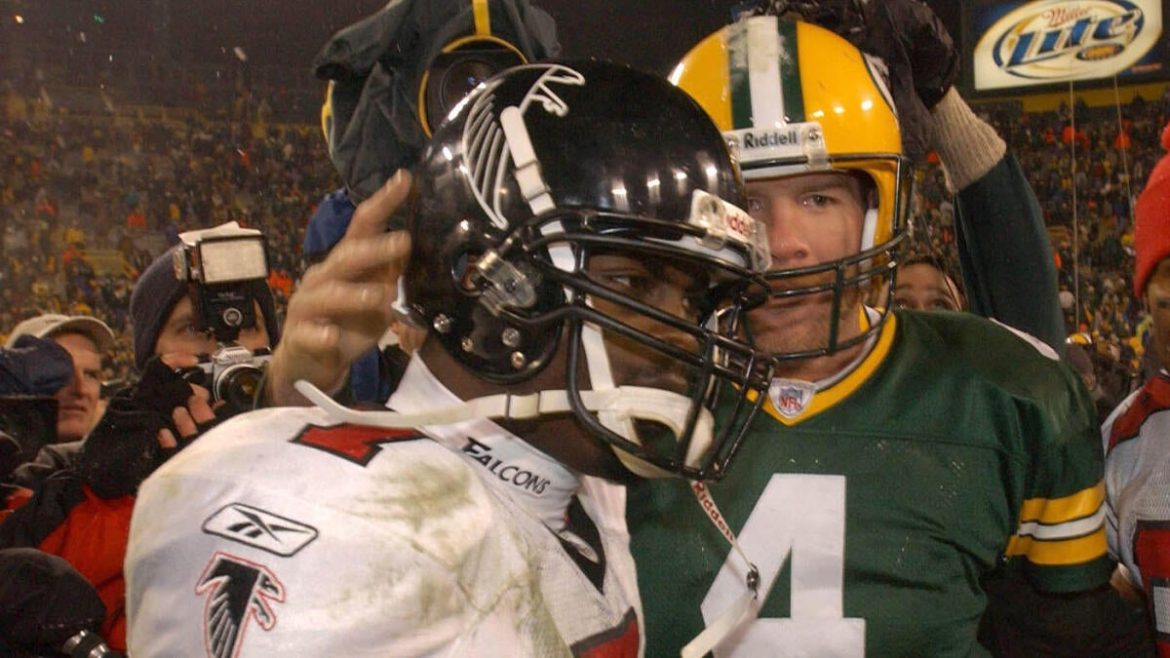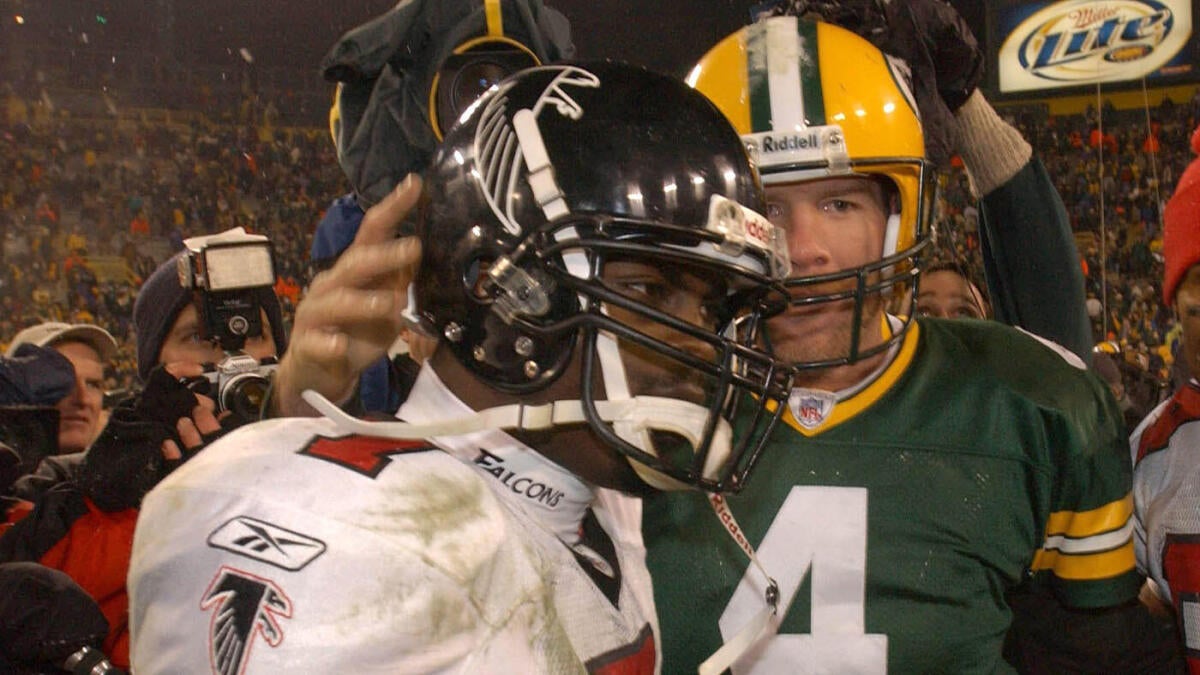Michael Vick’s Critique of Brett Favre and the Mississippi Welfare Scandal: An In-Depth Analysis
The NFL world and the general public are once again confronting a controversy not centered on athletic performance but on ethics and accountability. Recent statements from former NFL quarterback Michael Vick, as featured in the Netflix documentary *UNTOLD: The Fall of Favre*, have reignited discussions about Brett Favre’s involvement in the Mississippi welfare scandal. Vick’s candid observations shed light on the perceived disparity in how justice is meted out to public figures and raise broader questions about systemic inequities.
—
Contextual Overview: The Mississippi Welfare Scandal and Brett Favre’s Allegations
The Mississippi welfare scandal revolves around the misappropriation of over $75 million in federal welfare funds that were meant to aid vulnerable citizens, especially children and low-income families. Instead, a portion of those funds was reportedly diverted to finance projects favored by prominent individuals, including Brett Favre. Notably, Favre allegedly received millions for appearances and endorsements tied to a volleyball stadium project in Mississippi — a use far removed from the intended purpose of the welfare money.
Favre, a former NFL MVP and iconic figure in Mississippi sports culture, became a focal point as investigations unfolded. Despite the gravity of the allegations, many critics, including Michael Vick, contend Favre faces disproportionately lenient scrutiny relative to what typically would be expected in cases involving public fund misuse.
—
Michael Vick’s Perspective: “The System Is Rigged” and Untouchability
Michael Vick’s commentary in the documentary offers a blunt critique of the justice system’s handling of this scandal. He suggests that Favre appears “untouchable,” a status implying that his celebrity and influence insulate him from consequences others might face under similar circumstances. Vick’s pointed remark that “people go to jail for stealing money every day” contrasts sharply with Favre’s apparent lack of incarceration or severe penalty, emphasizing a theme of systemic inequality.
This depiction reveals two interlaced issues:
– Celebrity Immunity: Favre’s public stature as a beloved sports figure complicates prosecution and public condemnation. His legendary NFL status grants him a shield against the full force of legal or social repercussions, raising concerns about fairness.
– Institutional Failings: Vick’s reference to a “rigged system” underscores distrust in the mechanisms that govern accountability. The implication is that connections, fame, or political considerations may manipulate or undermine justice processes.
—
The Broader Implications: Justice, Accountability, and Public Trust
Vick’s critique resonates beyond the specific case, inviting reflection on wider societal patterns:
Disparate Treatment Based on Status
The discrepancy between how ordinary citizens and celebrities are treated under the law fuels cynicism. In many societies, high-profile figures enjoy privileges that shield them from standard legal consequences, eroding confidence in governance systems.
Public Funds and Ethical Stewardship
Misuse of welfare funds strikes a particularly sensitive chord because these resources are meant for the most needy and vulnerable. When the public perceives that money intended to alleviate hardship is instead diverted for personal enrichment or vanity projects, outrage often follows.
Media and Public Reaction
The media’s role in covering these scandals is pivotal. Michael Vick’s remarks implicitly criticize the media for possibly underplaying or sanitizing Favre’s involvement compared to the coverage of other individuals embroiled in controversies. This discrepancy affects public perception and societal pressure for accountability.
—
Nuanced Considerations: Complexity Beyond Public Opinion
While Vick’s comments reflect a frustration shared by many, an incisive analysis must acknowledge complexities:
– Legal Proceedings and Evidence: The law requires rigorous standards for proving guilt. The extent and nature of Favre’s legal culpability hinge on nuanced evidence that the public may not fully access. This potentially explains delays or difficulties in delivering formal judgments.
– Role of Governance and Oversight: The scandal implicates multiple actors, including government officials responsible for allocating and monitoring funds. Concentrating blame exclusively on Favre might oversimplify the tangled web of responsibility.
– Impact on Favre’s Legacy: The scandal challenges the narrative around Favre’s reputation. While his sports achievements remain significant, ongoing controversies complicate his public image and could influence how history remembers him.
—
Conclusion: Reflections on Justice, Accountability, and Sporting Icons
Michael Vick’s outspoken stance on Brett Favre’s involvement in the Mississippi welfare scandal serves as a potent reminder that fame and influence often distort the scales of justice. His reference to the system being “rigged” and to some individuals being “untouchable” compellingly captures frustrations about inequality and lack of accountability that pervade many public controversies involving elite figures.
This case transcends sports, touching upon fundamental questions of fairness, responsibility, and the stewardship of public resources. It highlights the necessity for transparent institutions and an informed citizenry willing to hold all individuals—regardless of their celebrity status—to the same ethical and legal standards.
Ultimately, the unfolding drama invites ongoing scrutiny and reflection, ensuring that lessons are learned to prevent future abuses and to strive for a justice system genuinely impartial and uncompromised. Brett Favre’s legacy, entwined with both athletic brilliance and scandal, will continue to provoke debate on how society balances admiration for its heroes with rigorous demands for accountability.





